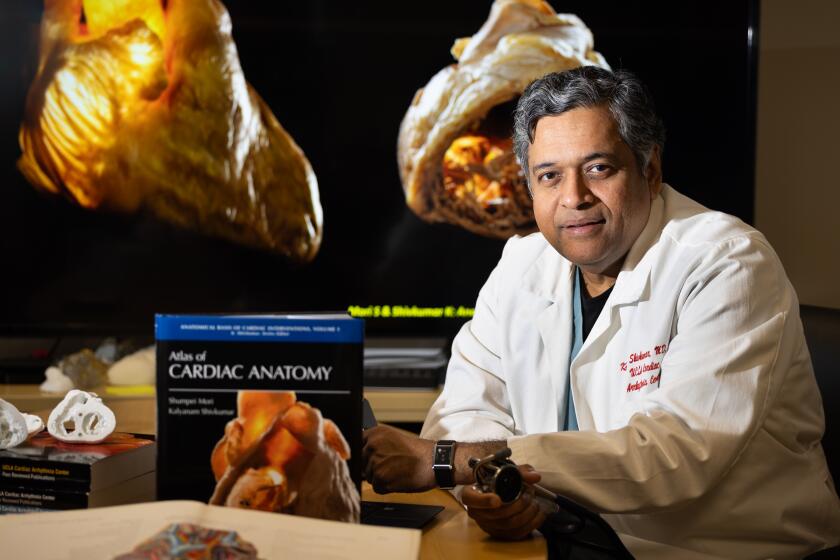Questioning When Brain Death Occurs in Potential Organ Donors
Most of the time, it’s pretty easy for doctors to tell when someone’s dead: The person’s breathing and heartbeat have stopped, and he or she can’t be revived.
After Congress passed the Uniform Determination of Death Act in 1981, however, the overwhelming majority of organ donors have been declared dead by a very different standard: Machines keep their hearts and lungs pumping, but doctors determined that their brain and brain stem have irreversibly stopped functioning.
Now, some ethicists and doctors are beginning to question the validity of the brain-death diagnosis. They point out that many brain-dead people still have some brain activity, making the declaration of death tricky.
In general, to declare someone brain-dead, doctors must be sure that the brain has not stopped functioning from some potentially reversible problem, such as a drug overdose, shock or extreme cold. They also make sure the patient has not been given medications that would make a patient appear unresponsive, even if he were not brain-dead.
Doctors also check neurological reflexes, such as blinking when poked in the eye, and breathing when carbon dioxide levels are allowed to build up in their bloodstream.
Yet, even when a person appears brain-dead, there is “often some remaining brain function in some patients who are declared brain-dead,” says Dr. Robert Truog, a medical ethicist and director of the multidisciplinary intensive care unit at Children’s Hospital in Boston.
There is a surprising number of cases in which people are believed to be brain-dead, but there are signs that parts of the brain are still functioning. In several studies, between 22% and 100% of such people keep on secreting a hormone called arginine vasopressin, which regulates water retention. This hormone, made only in the brain, suggests that the entire brain has not stopped functioning.
“Nonetheless, because these patients will never wake up and are incapable of feeling pain, it is not unethical to take their organs if their families request it,” Truog says.
Even after a brain-death diagnosis, studies show that perhaps 20% of patients continue to show electrical activity on electroencephalograms, or EEGs, Truog notes. And “patients who fulfill the tests for brain death frequently respond to the surgical incision at the time of organ procurement with a significant rise in both heart rate and blood pressure,” Truog says.
“This does not mean they are suffering,” he says. “In fact, patients under general anesthesia also show these responses during surgery. But it does suggest that there may be some residual brain function.”
Truog suggests it may be time to “uncouple” brain death and organ donation.
For instance, if a family requested it, organs might be taken from a patient while the patient was near death or permanently comatose, even though they were still alive.
This would allow people in persistent vegetative states to be organ donors, even though taking their organs would hasten their deaths.
Dr. Francis Delmonico, director of kidney transplantation at Massachusetts General Hospital, disagrees. “It is crucial for the public trust that organs only be removed from people who are dead, not those who are comatose but still alive.”



